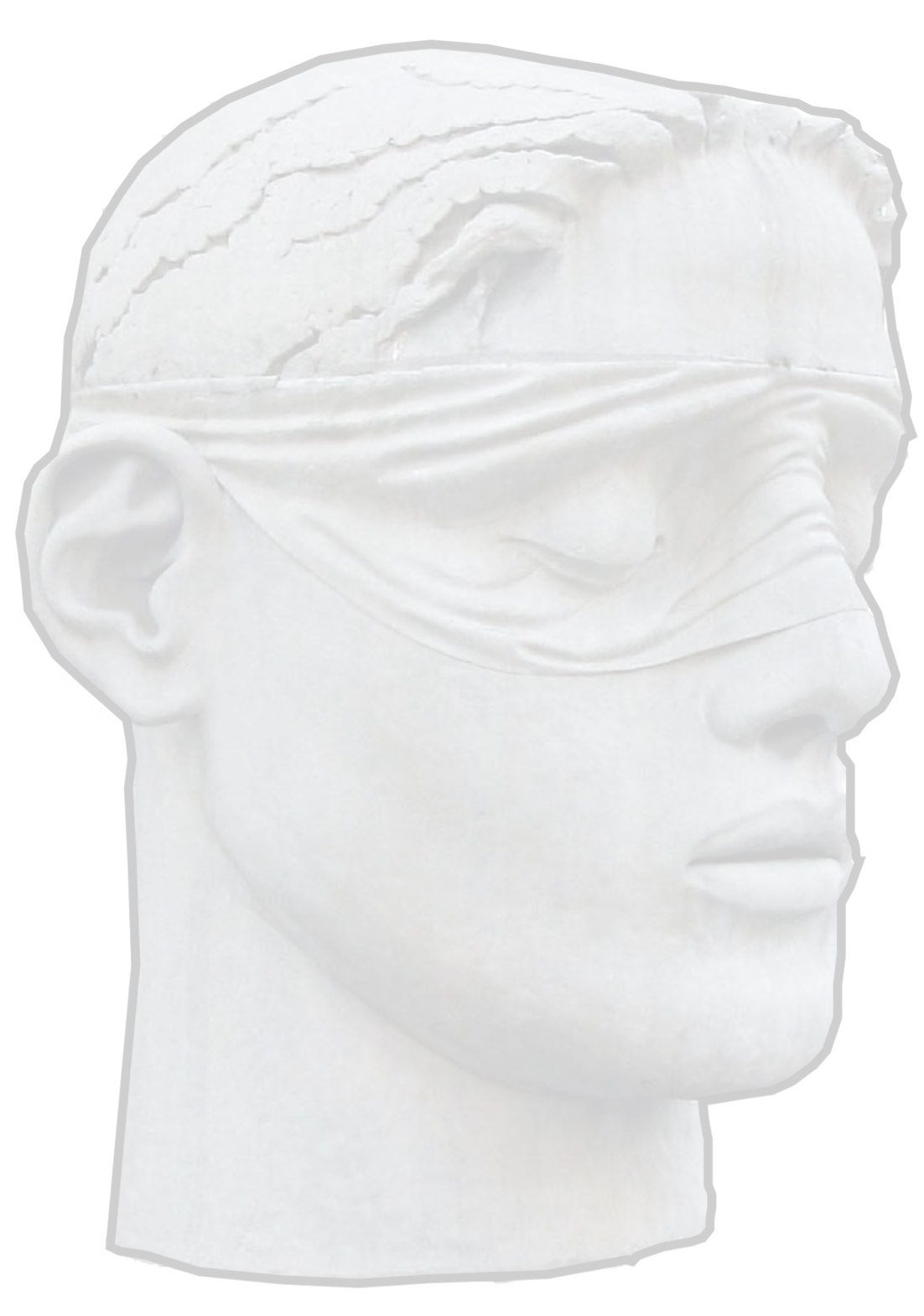

IfRFA fellowships are no longer available, this page is for archival purposes.
IfRFA fellowships were available for four years, from summer 2020 to summer 2023. Students spent a summer at a legal clinic working on freedom of expression issues by directly serving clients, and they got to tap into a network of like-minded law students and professionals as they made decisions about their careers. We prioritized supporting students of color, queer and trans students, and students with disabilities.
IfRFA was founded at a clinic, and we believed that clinics were uniquely well-positioned to provide students with training. That's why we required our fellows to spend at least part of their summer at a clinic within our broader network.
What did fellows get?
-
$10,000 stipend, primarily to cover living expenses for the summer. (The stipend will be paid in two parts - half in April and half in June.
-
Placement at a law school clinic doing First Amendment or freedom of expression work for the summer of their fellowship.
-
A remote, weekly, externship-style seminar that combines clinical reflection with cutting-edge freedom of expression issues, running for the full summer.
-
The opportunity to participate in an IfRFA gathering of practitioners, academics, and fellows on topical issues.
-
Mentorship and connection with IfRFA's advisory board and network
-
A warm, supportive environment to engage in First Amendment issues.
IfRFA Fellowship Eligibility for Students included...
-
They were a 1L or 2L in a U.S. law school.
-
They committed to spending at least 8 weeks working at a legal clinic over the summer of 2023. (We worked with students to find the right clinic).
-
They committed to a cohort convening in 2023.
-
They self-identified as a person from a background underrepresented in First Amendment law.
-
They did not need to be a U.S. citizen or green card holder - we were happy to work with students regarding their visa status, although we cannot sponsor visas
What were we looking for?
-
Passion. Experience was optional, but students had to be interested in learning more about free expression and First Amendment issues.
-
Connection. We were curious to hear from applicants about how freedom of expression connected to their life and/or the work they wanted to do.
-
Commitment. IfRFA was a one-and-a-half-year commitment, followed by the opportunity to participate in a broader network post fellowship. We were committing to the fellows, and we wanted them to be committed to us!
-
Need. We hoped to fund students for whom a summer doing public interest work might not have been within reach if not for IfRFA. Although we considered applications from schools with funding opportunities for summer work, we prioritized folks who needed the money.
Timeline
-
The IfRFA application process was from December 2 to the second Monday in January.
-
In mid to late January, applicants were contacted about whether they were accepted for an interview.
-
Fellowship decisions were made in early February.
-
Clinic placements were made in March.
-
All IfRFA fellows attended a workshop (Virtual or In-person, depending on the year.)
FELLOWSHIP
Do you have questions about any of this? Reach out to ifrfa@cyber.harvard.edu.